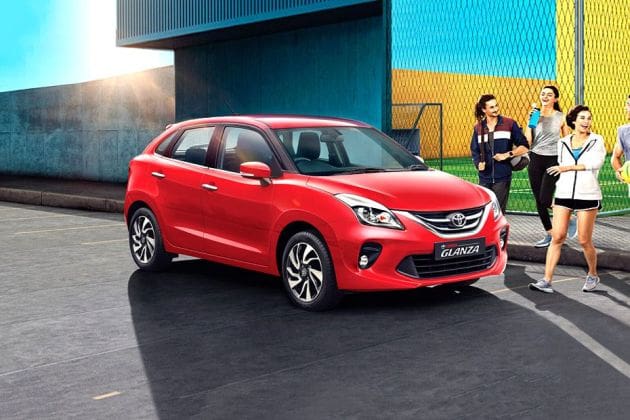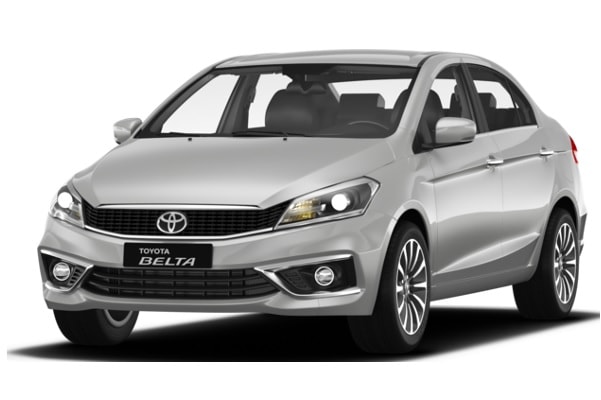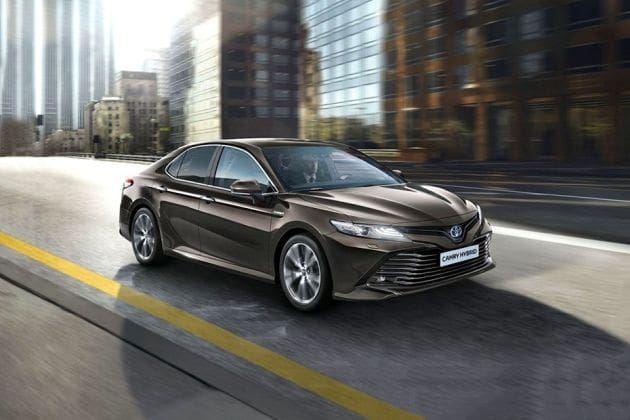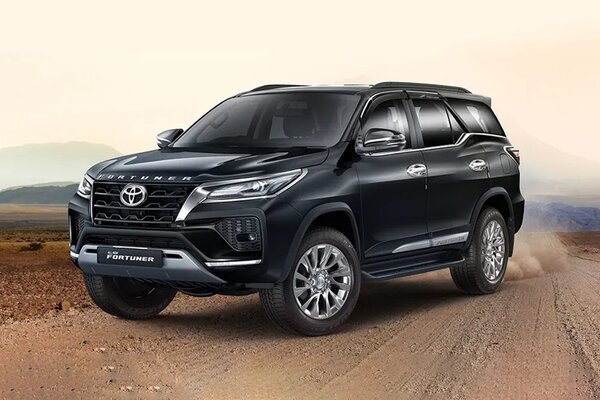Toyota bets big on hydrogen power, to develop fuel-cell-powered truck
- Toyota says it will provide fuel-cell technology and its truck unit will supply the chassis based on its new XL Series.
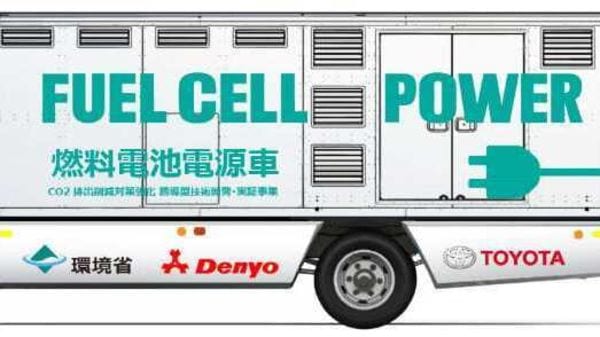

Toyota Motor Corp. plans to develop a hydrogen-fuel-cell-powered big rig for the North American market with its subsidiary Hino Motors Ltd.
Toyota said Monday it will provide fuel-cell technology and its truck unit will supply the chassis based on its new XL Series. The Japanese automaker did not provide a timeline for beginning sales of the Class 8 truck but said it would debut a prototype in the first half of 2021. This expands on a March agreement to develop a 25-ton fuel-cell semi for the Japanese market.
Also check these Cars
“Toyota’s 20-plus years of fuel-cell technology combined with Hino’s heavy-duty truck experience will create an innovative and capable product," Tak Yokoo, senior executive engineer at Toyota’s R&D unit, said in a statement.
The automaker has been involved in a pilot project to test fuel-cell trucks at the Port of Los Angeles since 2017. Toyota also has been one of the few to invest in hydrogen-powered cars despite uncertain demand and infrastructure hurdles. Fuel cells convert hydrogen gas and oxygen into electricity, which powers an electric motor with zero harmful emissions.
Fuel-cell technology for big rigs has become a focus for several automakers as restrictions on pollution from these vehicles becomes stricter in Europe and other parts of the world. California air regulators in August said new rules on heavy trucks will cut the state’s nitrogen-oxide emissions 75% below current standards by 2024 and 90% by 2027.
General Motors Co. partnered with electric-truck startup Nikola Corp. last month in an effort to foster development of hydrogen-powered semi trucks. And Volvo Group and Daimler AG announced a joint venture earlier this year to commercialize fuel-cell-powered vehicles for long-haul trucking. Hyundai Motor Co. has similar plans to sell fuel-cell trucks.
Tesla Inc. plans to start production of a battery-electric semi truck next year. Hydrogen-fuel cells are viewed by some in the industry as better than battery packs for powering heavy trucks due to their higher energy density, lighter weight and capacity for quick refueling. But skeptics point to a lack of fuel stations and few readily available supplies of hydrogen.
BloombergNEF sees global sales of medium and heavy-duty commercial fuel-cell vehicles hitting 10,000 units annually in 2030 based on a policy scenario that assumes no change in government support for the technology. In a scenario where governments around the world set zero-tailpipe-emission targets for road transport by 2050 and choose to make hydrogen a significant part of that, BloombergNEF sees FCEVs accounting for as much as 75% of global heavy-duty commercial-vehicle fleets.







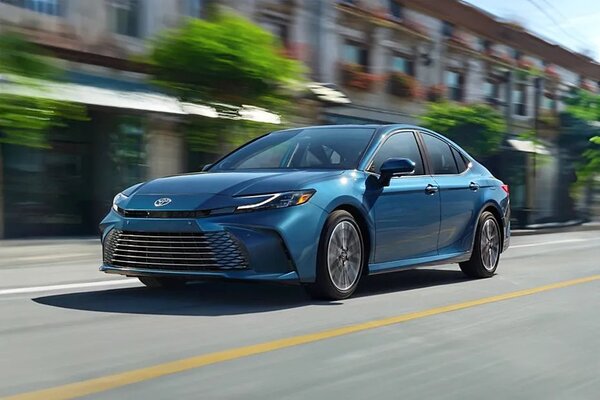
 2487 cc
2487 cc Petrol
Petrol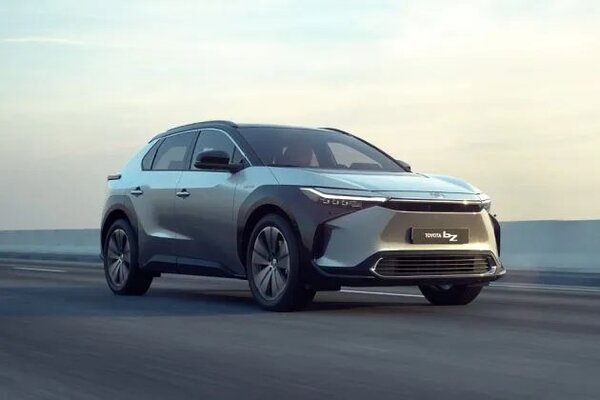
 72.8 kWh
72.8 kWh 405 Km
405 Km